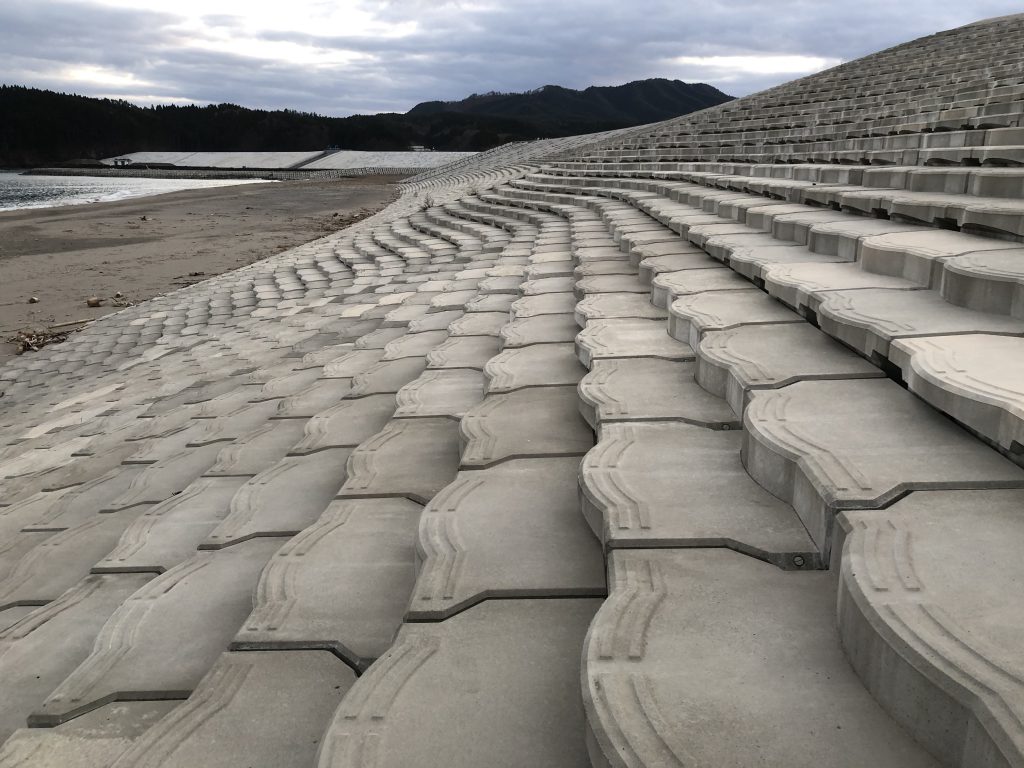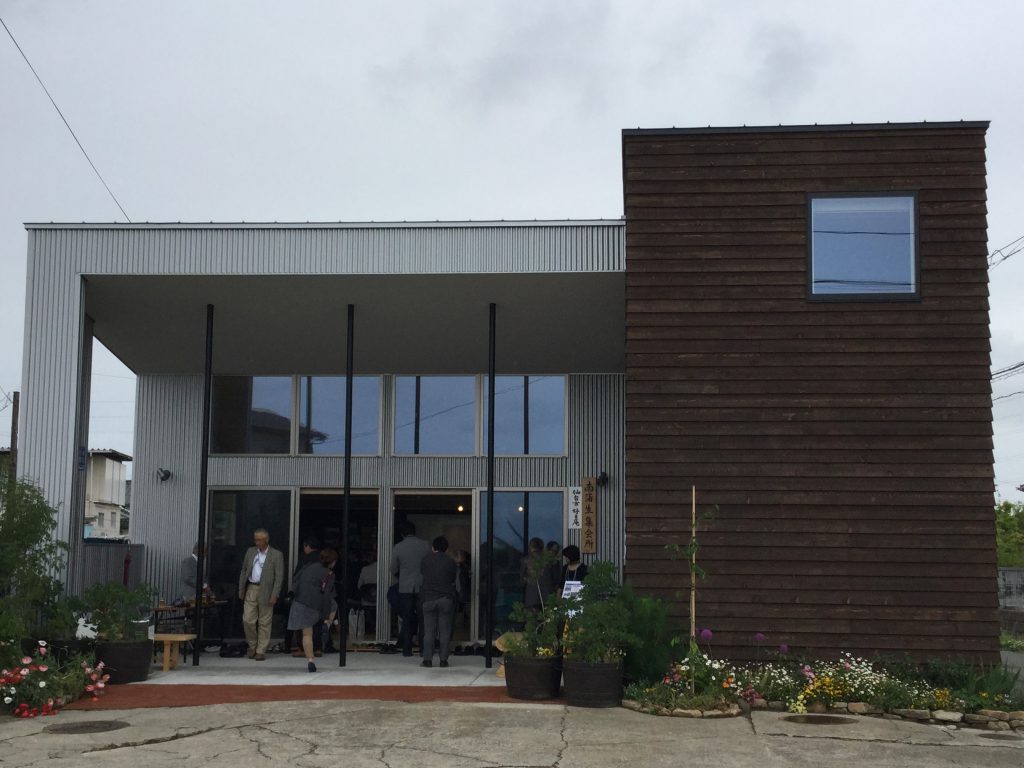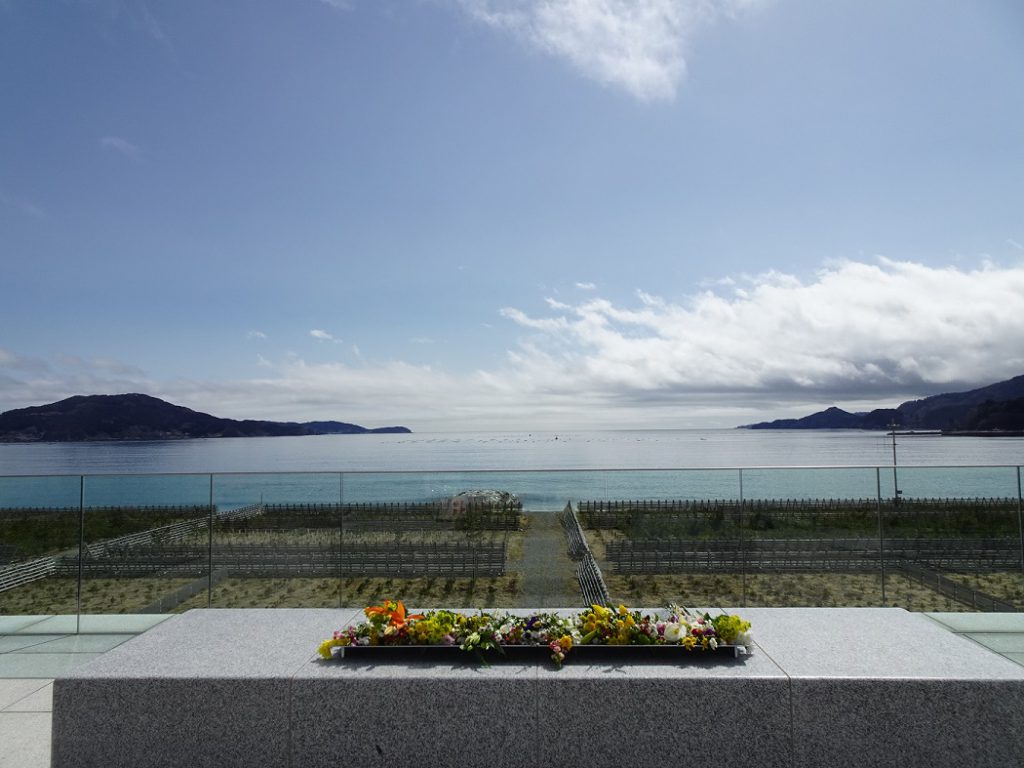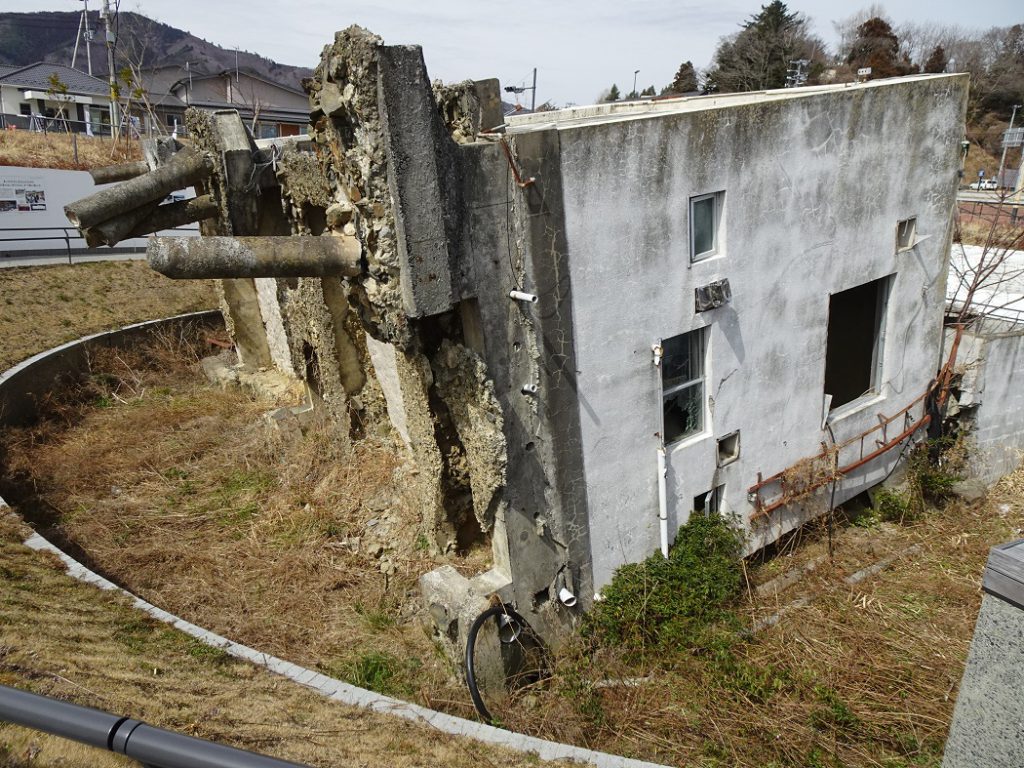Details of the Initiative
I have studied how society perceives and responds to disasters. In Japan, where there are many disasters, many people are dealing with disasters in the form of disaster prevention and mitigation, but at the same time, most of them are focusing on their personal lives, such as rapid evacuation, stockpiling of supplies, and support as volunteers, and on surviving a society in which functions have declined after a disaster.
However, it is known that disasters are concentrated on vulnerable parts of society, such as lack of consideration for vulnerable persons, lack of understanding of diversity, and growing inequality. In order to prevent such damage, improvements in this vulnerability have been pointed out, and in recent years, resilience, the ability to flexibly accept damage from disasters and maintain and restore the functions of society, has been emphasized.
For example, as one of these initiatives, the author has been conducting research on how disaster recovery should be and how memories of disasters are treated in areas affected by the Great East Japan Earthquake. The concepts of vulnerability and resilience have become increasingly important in terms of thinking about the long-term sustainability of society, beyond surviving a disaster.




